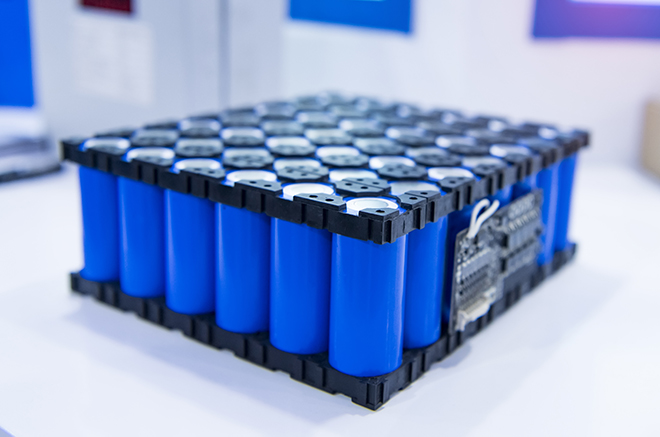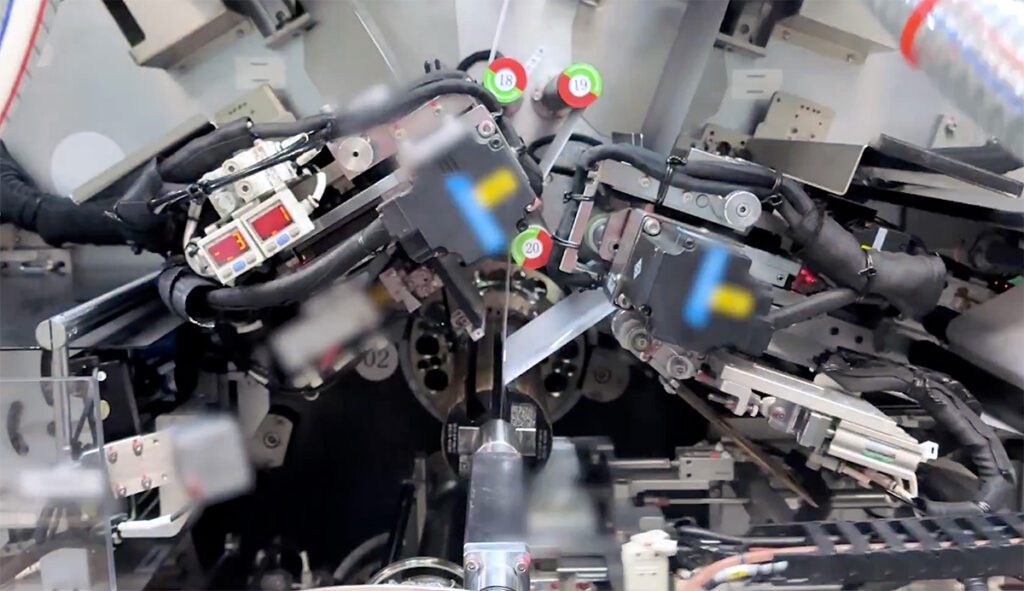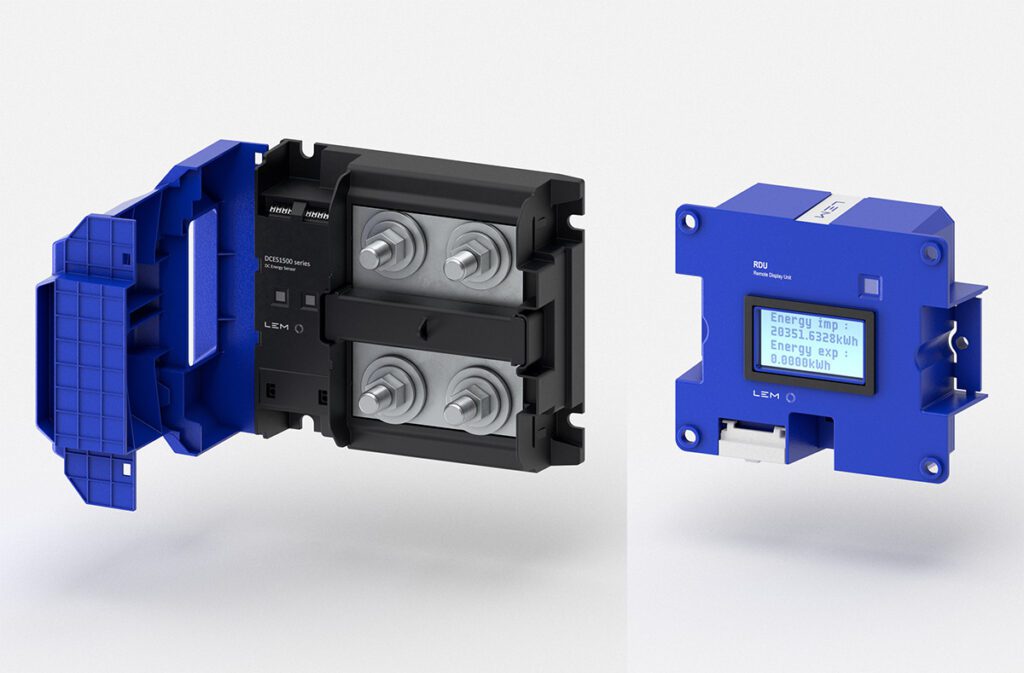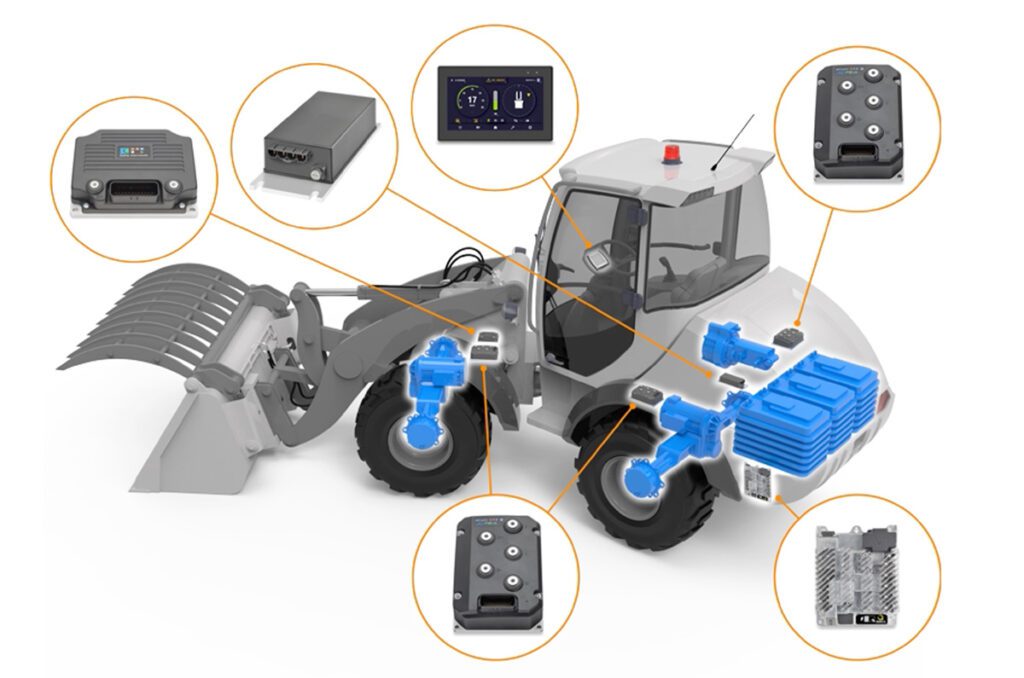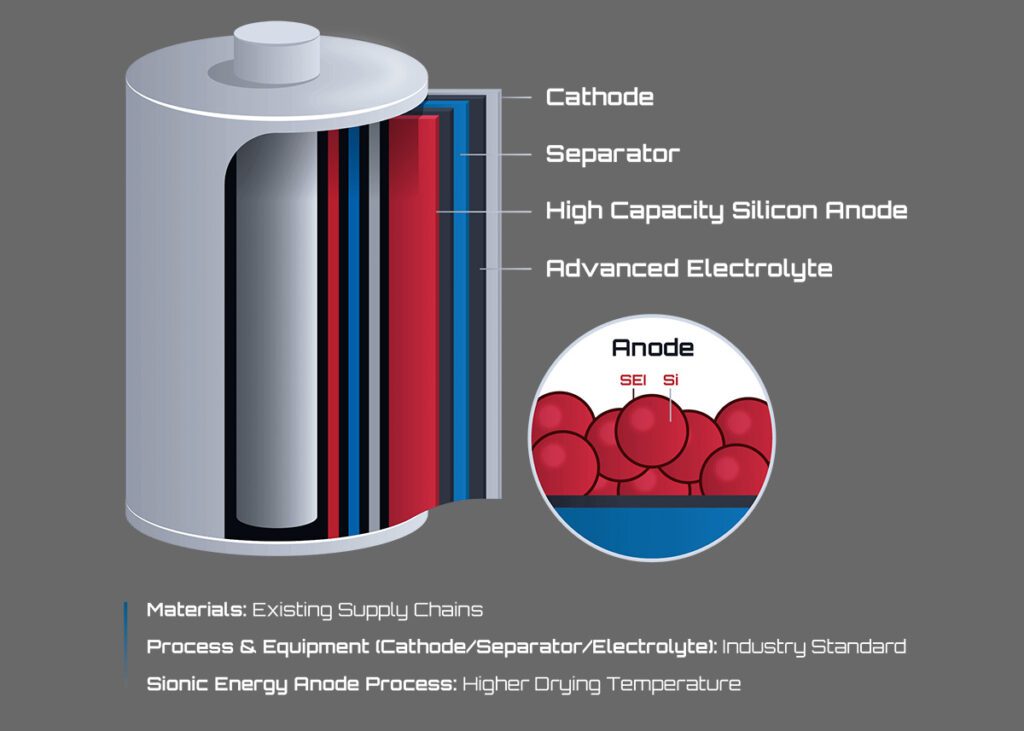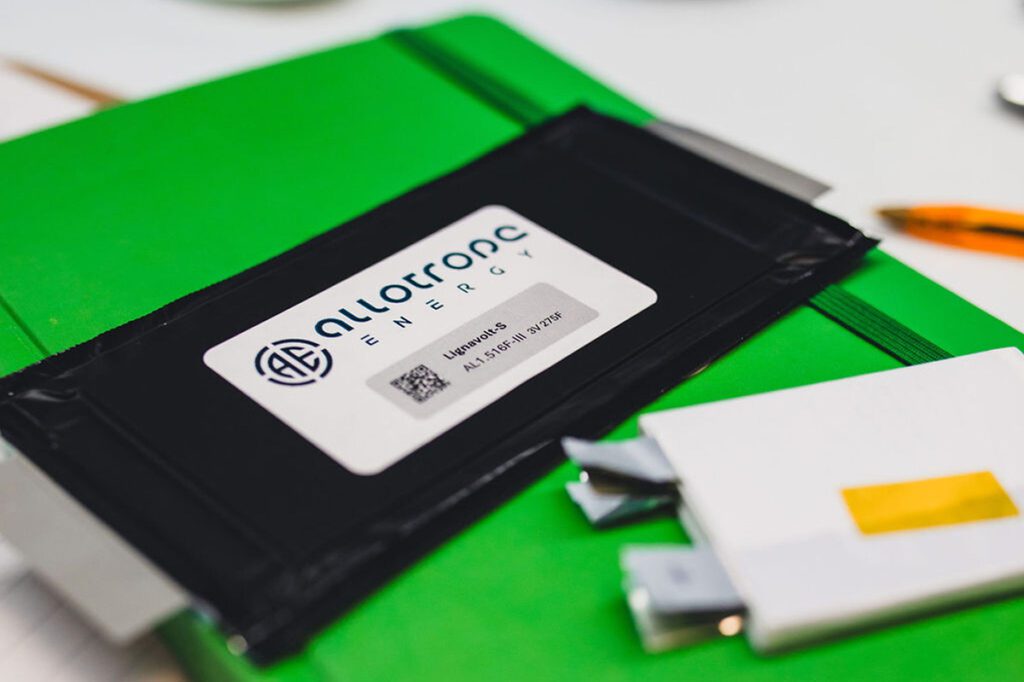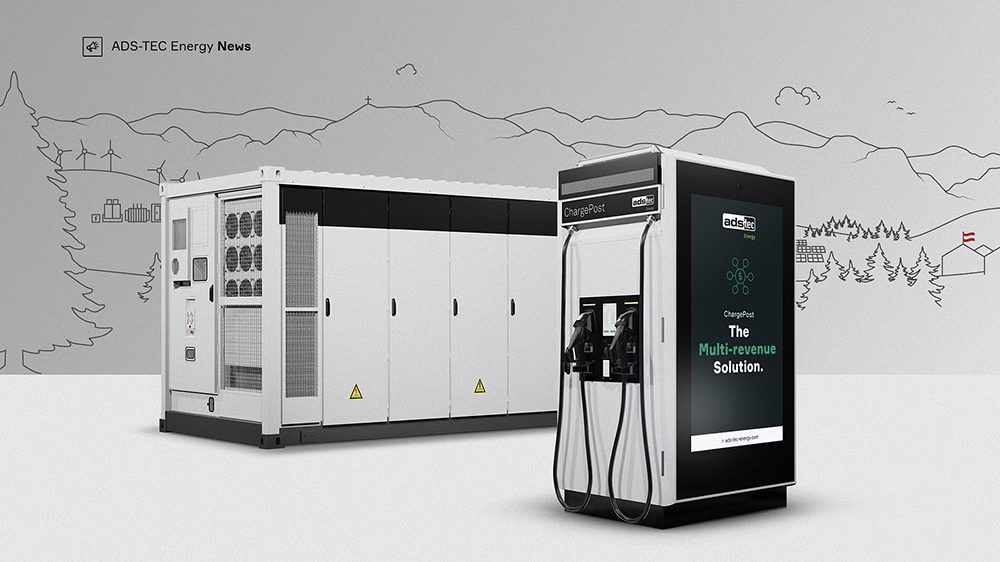While the energy density of lithium-ion batteries offers a distinct advantage, it also presents safety concerns related to overheating and fire. Manufacturers need to mitigate these risks, not only throughout use but also during transport.
Because lithium batteries may present a hazard during transportation, they are considered dangerous goods. In order to be transported, they must meet certain provisions laid out in the global UN 38.3 standard, which applies to all areas in the lithium battery transportation chain. It is important for manufacturers to be familiar with these requirements as these batteries become more prevalent.
Join Intertek for a free, on-demand webinar series on UN 38.3 to gain insights on the transportation of lithium batteries, including:
- The basics of UN 38.3
- Requirements for transport
- Recent updates to the regulation
- Test requirements, criteria and procedures
- Packaging instructions, documentation and labeling
- Resources
- Requirements beyond UN 38.3
- And more…
There are two sessions available in the series. The first, “The Basics of UN 38.3 and the Requirements for the Transportation of Lithium Batteries,” examines several common challenges and misunderstandings faced by manufacturers when planning for this critical testing to help you prepare in advance.
“Going Beyond the UN 38.3 Tests” is the focus on the second session, which is a deeper dive into navigating dangerous goods regulations, as they apply to lithium-ion batteries, documentation and labeling requirements, and much more.
Both sessions are complimentary, and presented by Rich Byczek, one of the industry’s most recognized authorities on the UN 38.3 standard.
Join us for one, or both, of these informative webinar topics!







